Uefa Nations League: What is it and when does it start?
New competition has been unveiled in attempt to cut down on meaningless friendlies and streamline qualifying tournaments
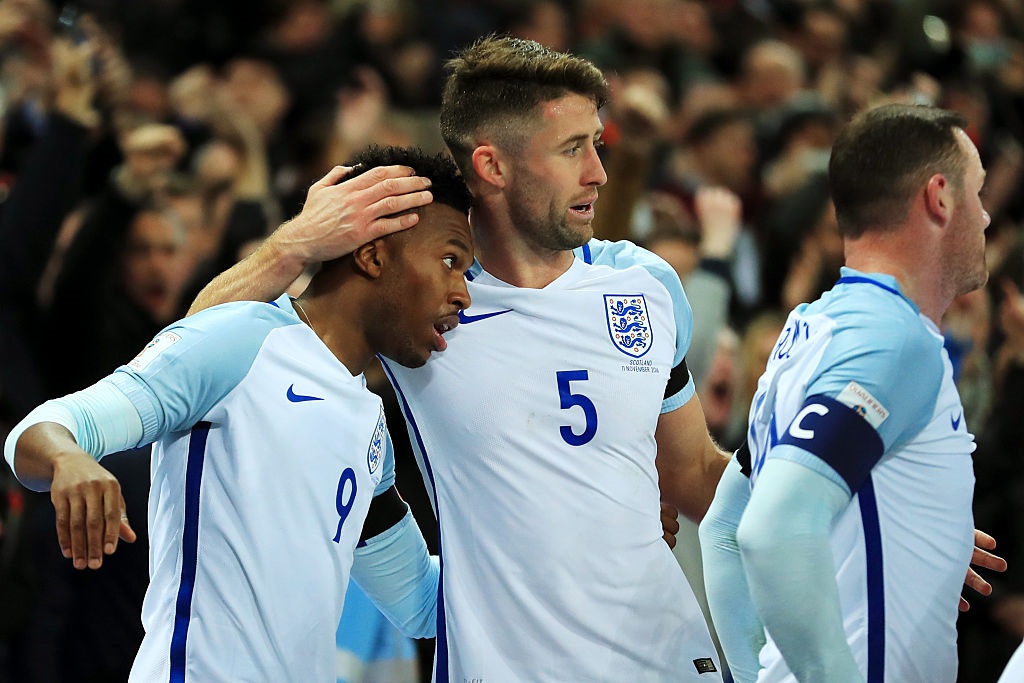
A free daily email with the biggest news stories of the day – and the best features from TheWeek.com
You are now subscribed
Your newsletter sign-up was successful
Uefa has a plan for the "rejuvenation of national team football" and it involves replacing international friendlies with games that have "meaning" by creating the Uefa Nations League.
Details of the competition, which has been in the pipeline since 2011, have now been unveiled ahead of its debut in 2018.
How it works:
The Week
Escape your echo chamber. Get the facts behind the news, plus analysis from multiple perspectives.

Sign up for The Week's Free Newsletters
From our morning news briefing to a weekly Good News Newsletter, get the best of The Week delivered directly to your inbox.
From our morning news briefing to a weekly Good News Newsletter, get the best of The Week delivered directly to your inbox.
The 55 countries that make up Uefa will be split into four divisions according to their Fifa rankings. Each division will be split into four groups of three or four teams, who will play each other. The winners of each group will be promoted to the next league up and the losers will be relegated.
The four group-winning teams in the division groups will progress to a final round to determine a champion. This will be held in the summer of 2019.
Why is it happening?
"The idea behind the Uefa Nations League is to reduce the number of meaningless friendlies and try to ensure nations face opponents of similar quality," says the Daily Mirror.
A free daily email with the biggest news stories of the day – and the best features from TheWeek.com
Uefa hopes that matches will be "more competitive, leading to more interest from supporters who have become bored with international friendlies", adds The Sun, which notes the competition will have a wider significance. "How teams perform in the Nations League will be used to determine which pots they will be placed in for future European qualifiers for the Euros and the World Cup," says the paper.
When will it begin?
The teams will be divided into leagues depending on their ranking at the end of the 2018 World Cup qualifying process in November this year. Europe's top 12 teams will form the top division and so on.
The group games will take place during international breaks in September, October and November 2018 and the four top group winners will play off in the summer of 2019.
The next edition of the competition, with relegation and promotions taken into account, will begin in 2020. It means that each summer without a World Cup or European Championship, there will be a Nations League final.
What about the major tournaments?
One upshot of the competition is that it will make qualification for the European Championships "more streamlined", says Uefa. There will be a normal qualifying competition, with two teams going through from each group. Nations League rankings will then be used to decide which teams qualify for the play-offs to decide the final four spots at Euro 2020.
And what about friendlies?
"The number of friendlies played by European nations will be greatly reduced, but they will not disappear completely," says the Daily Mirror. "There will still be time for nations to play friendlies, particularly in the build up to World Cups and European Championships."
Will the games be on TV?
Yes, but not free to air, reports The Guardian, which says that Nations League games will still be counted as non-competitive. "Under the current deal, all of England's matches are screened on ITV but from 2018 the team's friendly matches – which will be a part of a new Uefa Nations League – will only be available on Sky Sports."
-
 ‘Restaurateurs have become millionaires’
‘Restaurateurs have become millionaires’Instant Opinion Opinion, comment and editorials of the day
-
 Earth is rapidly approaching a ‘hothouse’ trajectory of warming
Earth is rapidly approaching a ‘hothouse’ trajectory of warmingThe explainer It may become impossible to fix
-
 Health insurance: Premiums soar as ACA subsidies end
Health insurance: Premiums soar as ACA subsidies endFeature 1.4 million people have dropped coverage
-
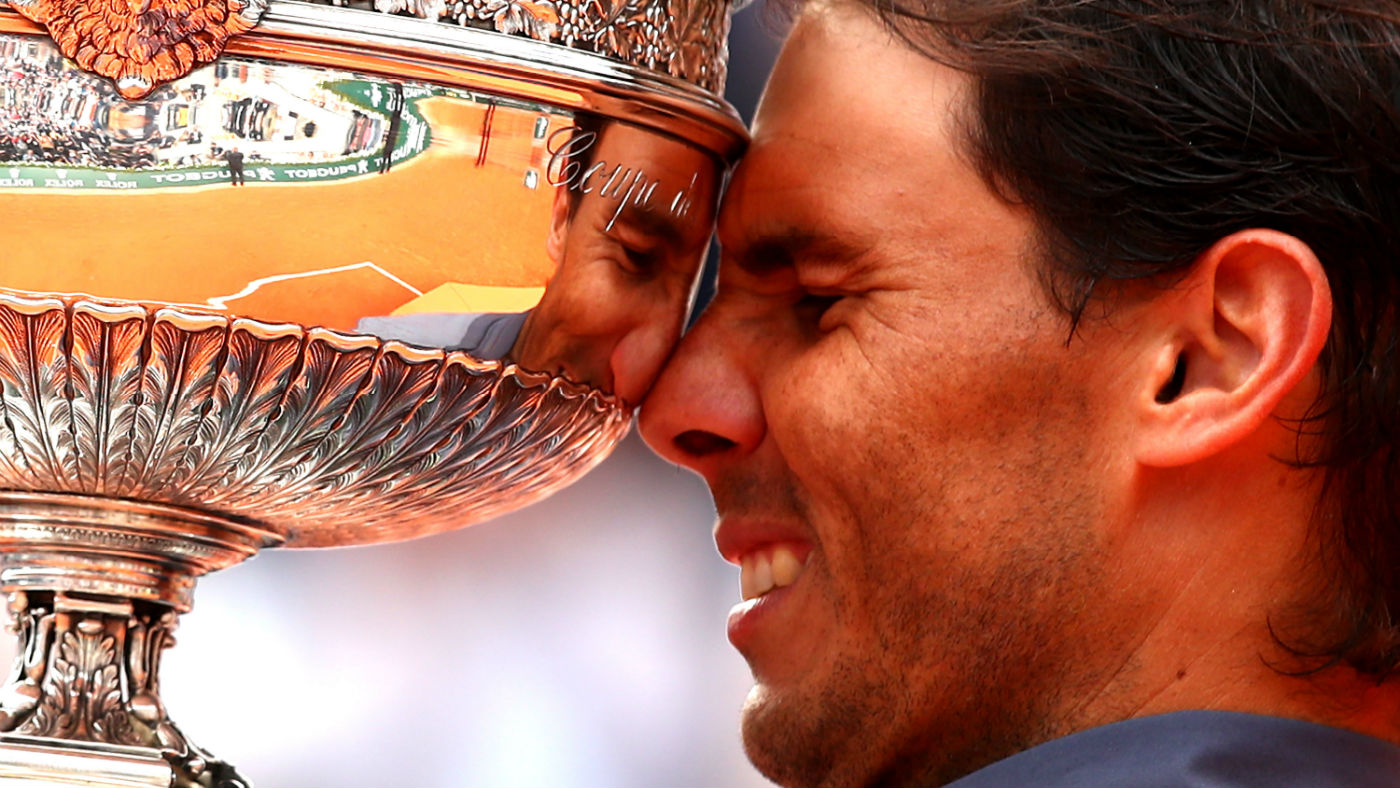 The Decathlon: Nadal, Barty, McIlroy and Ronaldo are the weekend’s big winners
The Decathlon: Nadal, Barty, McIlroy and Ronaldo are the weekend’s big winnersDaily Briefing Ten things from the world of sport on Monday 10 June
-
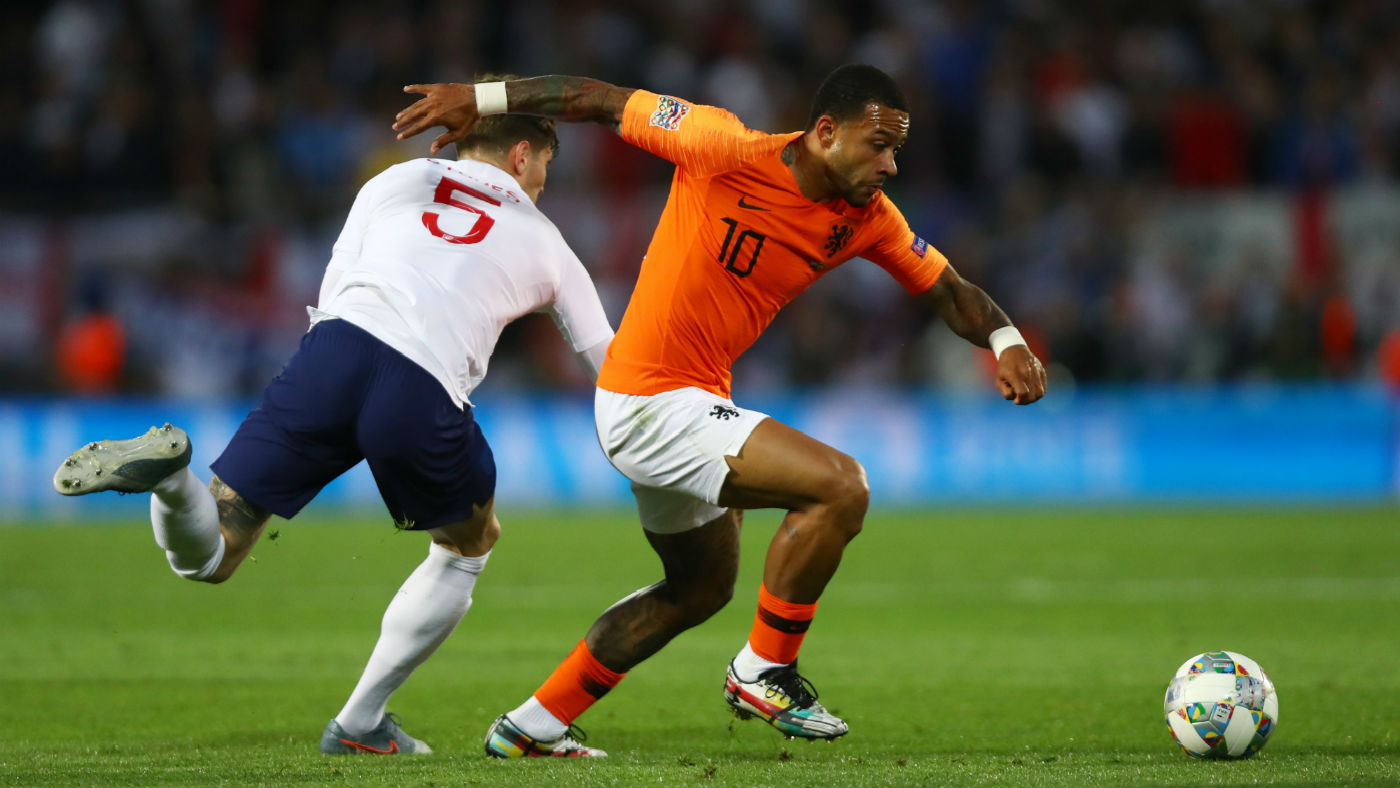 Today’s back pages: woeful England throw it away and sink like a Stones
Today’s back pages: woeful England throw it away and sink like a StonesSpeed Read A round up of the sport headlines from UK newspapers on 7 June
-
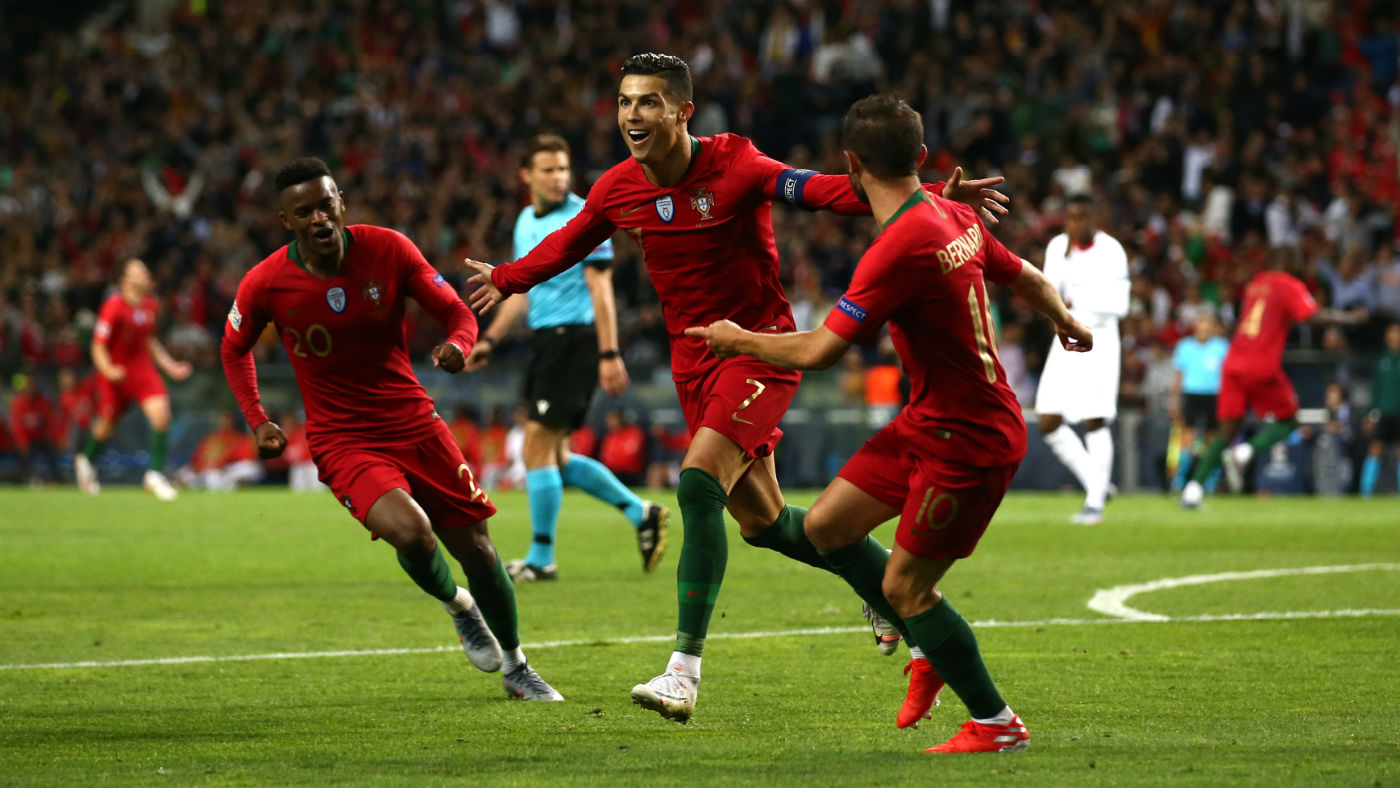 The Decathlon: Ronaldo shines, Neymar is crocked and Sterling fumes
The Decathlon: Ronaldo shines, Neymar is crocked and Sterling fumesDaily Briefing Ten things from the world of sport on Thursday 6 June
-
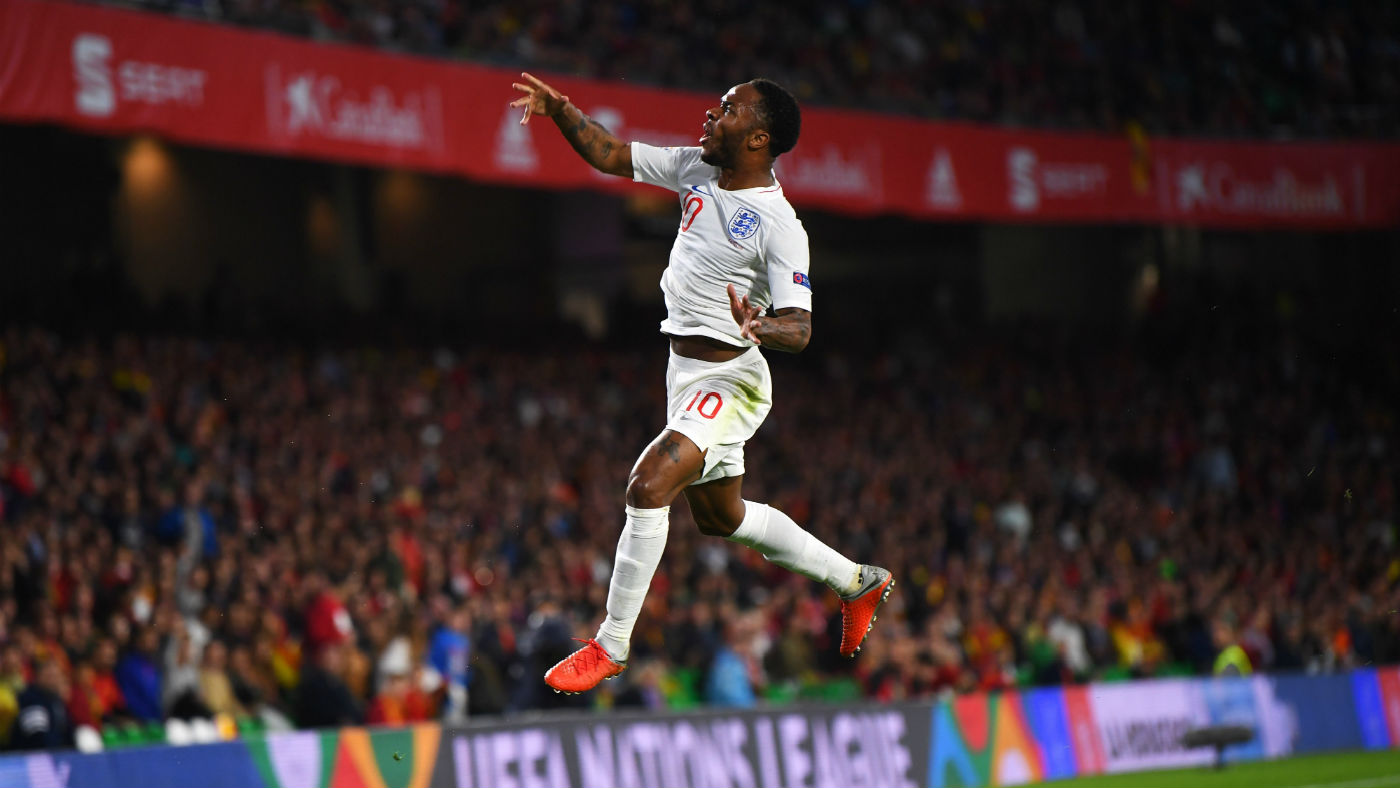 Today’s back pages: Sterling set to captain England as Southgate gambles on Kane
Today’s back pages: Sterling set to captain England as Southgate gambles on KaneSpeed Read A round up of the sport headlines from UK newspapers on 6 June
-
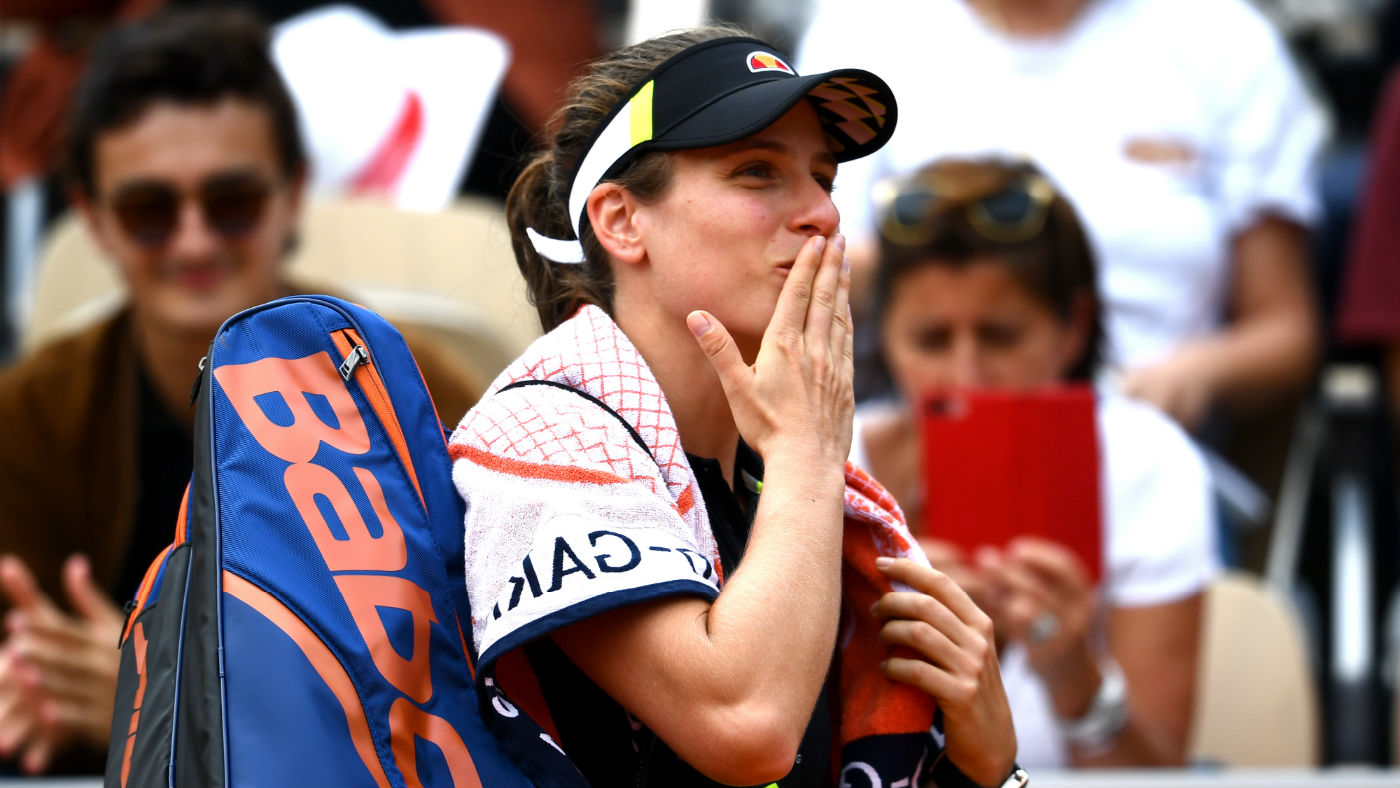 Today’s back pages: Johanna Konta hits new heights and Raheem Sterling eyes prize
Today’s back pages: Johanna Konta hits new heights and Raheem Sterling eyes prizeSpeed Read A round up of the sport headlines from UK newspapers on 5 June
-
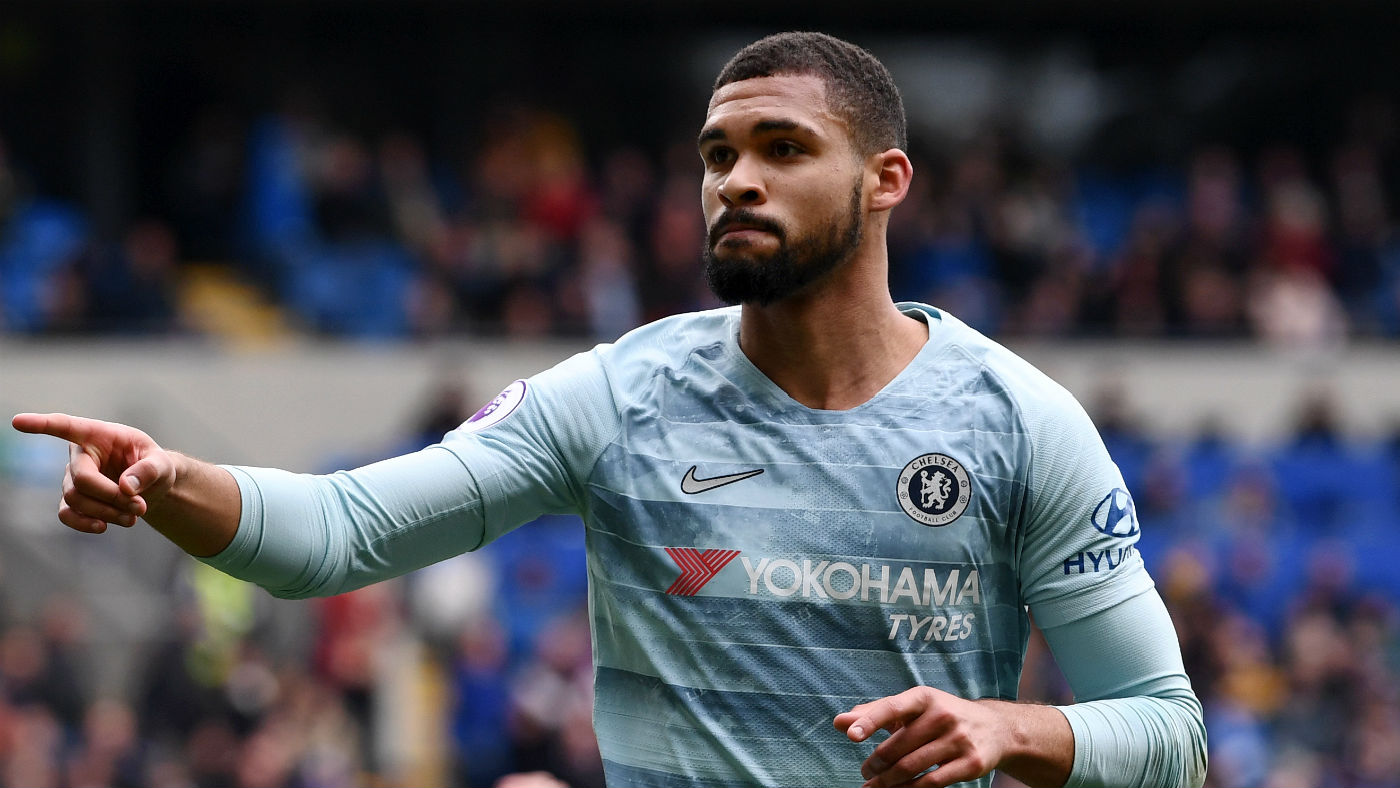 Chelsea and England woe: Ruben Loftus-Cheek could be ruled out for a year
Chelsea and England woe: Ruben Loftus-Cheek could be ruled out for a yearSpeed Read Three Lions midfielder ruptured his Achilles tendon in US friendly match
-
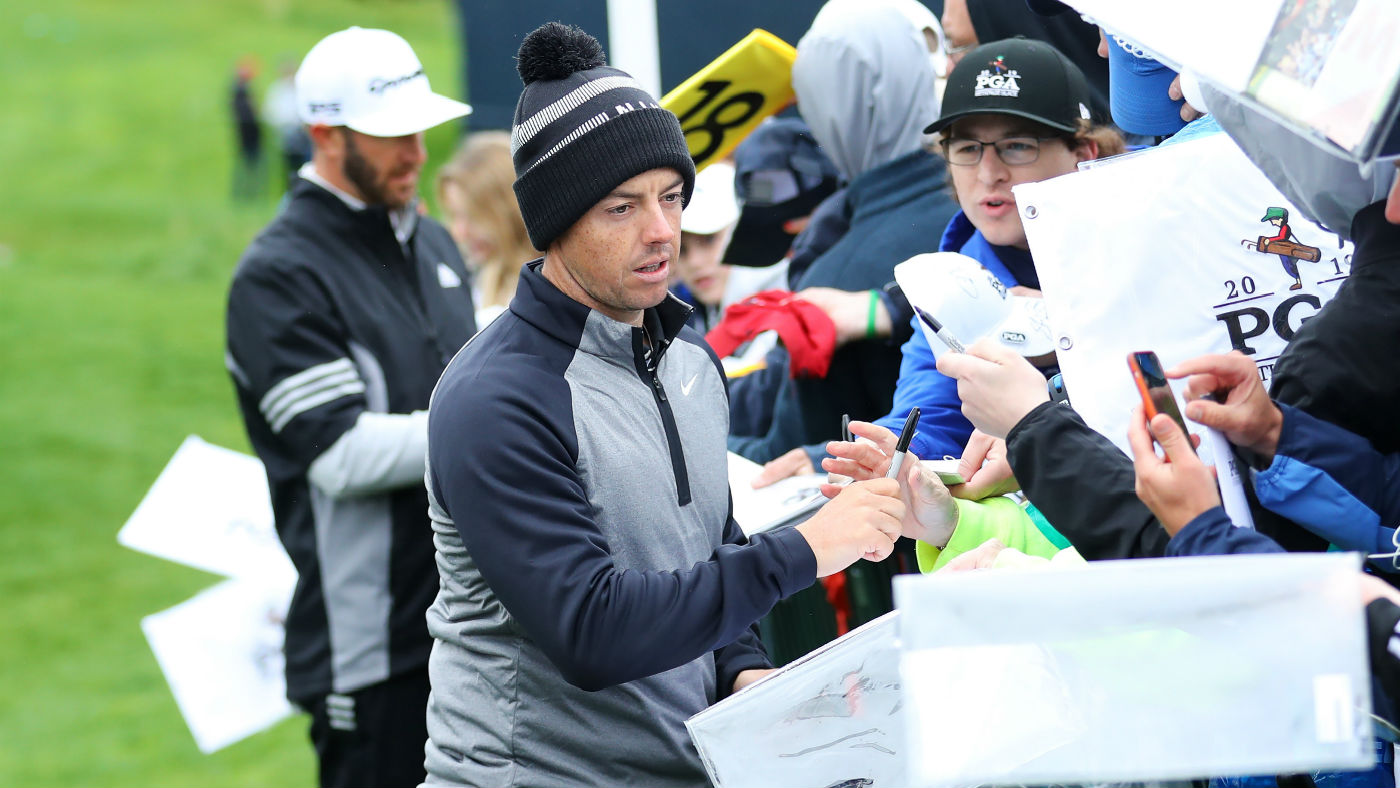 The Decathlon: Rory McIlroy is excited to play for Ireland at the 2020 Olympics
The Decathlon: Rory McIlroy is excited to play for Ireland at the 2020 OlympicsDaily Briefing Ten things from the world of sport on Wednesday 15 May
-
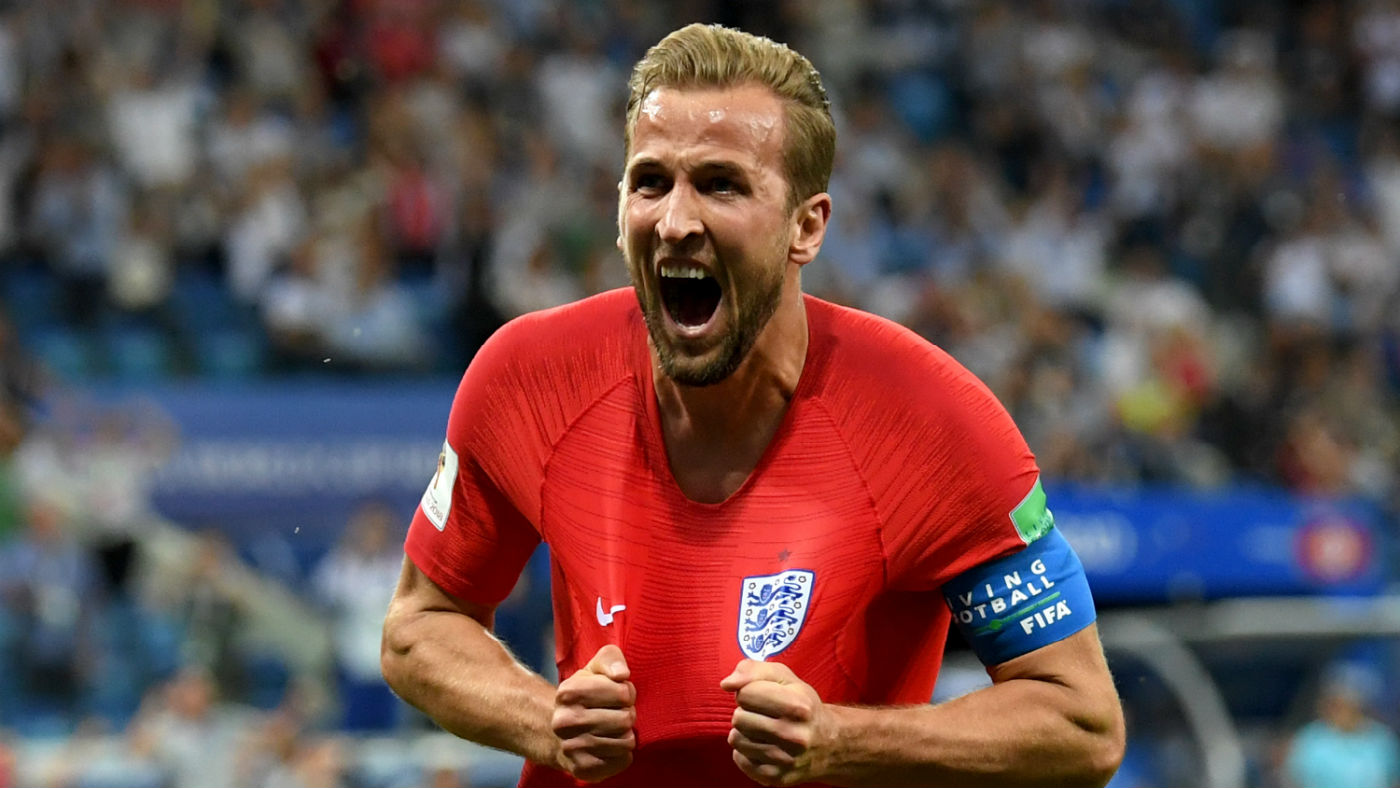 Harry Kane: Tottenham and England are ready to win trophies
Harry Kane: Tottenham and England are ready to win trophiesSpeed Read Spurs have not lifted any silverware since the League Cup in 2008